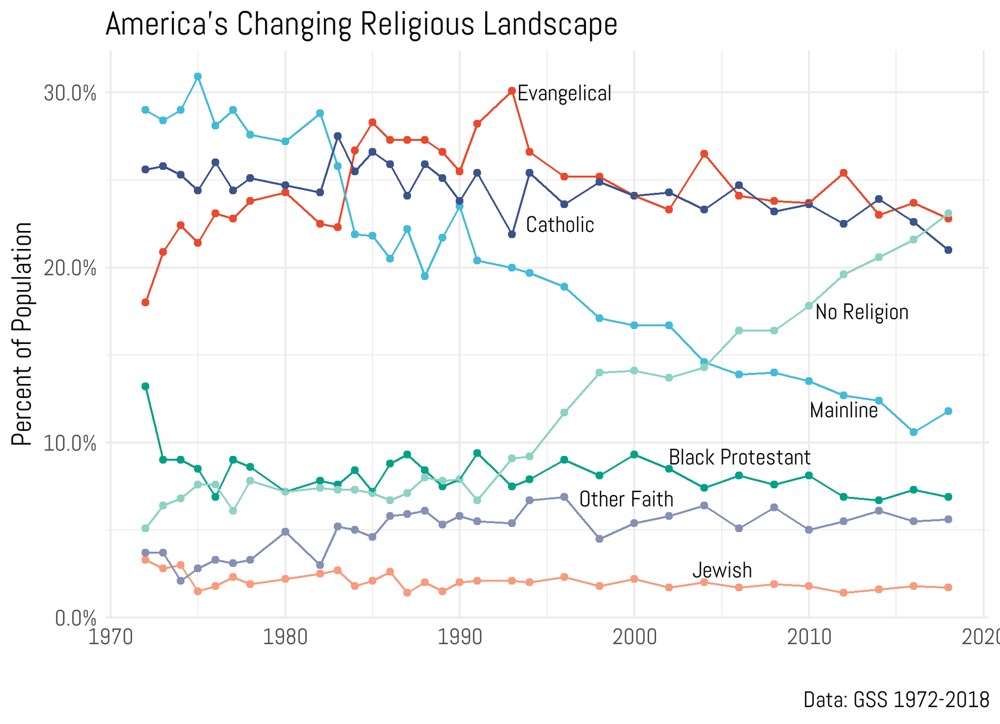It can happen here, and it has.
By “it” I mean the enormous concentration of wealth and political power in the hands of a very few, and by “here” I mean the United States of America, a country that advertises itself as a democracy, but should rightly be referred to as an oligarchy, ruled by a wealthy elite.
But the country is not a dictatorship yet. I say “yet” because that too can happen here, given the aforementioned concentration of wealth and power, the increasing tolerance for nationalism, cruelty, xenophobia, and near-constant lying, and the craven acquiescence so many of the country’s legislators—who are supposed to put a check on such things—have shown to the whims of a baldly autocratic executive.
Perhaps it is only a matter of time, given the above. How much time? Maybe ten years, argues Jared Diamond, Pulitzer Prize-winning anthropologist, geographer, historian, and ecologist, and author of The Third Chimpanzee; Guns, Germs, and Steel; Collapse: How Societies Choose to Fail or Succeed; and The World Until Yesterday.
In the Big Think video interview clip above, Diamond frames the problem as one of an unwillingness to compromise, using the analogy of a happy marriage. “The best you can hope for in a marriage is an agreement on 80%. If you agree on 80%, that’s fantastic.” For any two people, married or otherwise, 80% agreement seems optimistic. For an entire country, it seems almost utopian.
But whatever number you want to set as a realistic goal, the U.S. has fallen far below it—at least when it comes to the way our governmental bodies work, or don’t, together. This is not a problem reducible to “both sides.” One party in particular has consistently refused to work with the other and used every dirty trick—from extreme gerrymandering to refusing to let a sitting President appoint a Supreme Court Justice—to hold power.
Politics is a dirty business, you may say, and yes, it is. But—to return to Diamond’s point—a functioning democracy requires compromise. These days, congress cannot pass legislation; “legislatures are at odds with the judiciary” (Diamond cites the example of the Republican-controlled West Virginia congress impeaching the state’s entire, Democratic-majority, supreme court in 2018); state governments are suing the federal government, and vice-versa.
The failure of compromise, says Diamond, is “the only problem that could precipitate the United States into the end of democracy and into a dictatorship in the next decade.” The usual historical examples can be more or less instructive on this point. But there are other, more recent, dictatorships that do not receive nearly enough attention—perhaps by design, since they have been “friendly” regimes that the U.S. helped create.
Diamond describes the situation in Chile, for example, where he lived in the late 60s. When he first moved there, it had been “the most democratic country in Latin America,” a country that prided itself on its ability to compromise. But this quality was in decline, he says, and its loss led to the country’s military coup in 1973, which brought the brutal dictator Augusto Pinochet to power (with the help of the CIA and certain American economists).
The new Chilean government “smashed world records for sadism and torture,” says Diamond, shocking those Chileans who believed their country was immune to the excesses of other Latin American nations that had succumbed to repressive authoritarianism. If that happens here, he argues, it will not come through a military coup, but rather through “what we see going on now”—namely restrictions on the right to vote and voter apathy.
Voting is the primary solution, Diamond claims, but voting alone may not address the problem of oligarchy. When a handful of the wealthy control mass media, fund local and national political campaigns, and otherwise exert undue influence, through mass surveillance, manipulation, and the use of foreign agents, the possibility of free and fair elections may disappear, if it hasn’t already.
Nonetheless, Diamond’s point deserves some serious consideration. If we want to avert dictatorship in the U.S., how can we encourage compromise—without, that is, relinquishing our most fundamental values? It’s a point to ponder.
Related Content:
Aldous Huxley Warns Against Dictatorship in America
Umberto Eco Makes a List of the 14 Common Features of Fascism
Josh Jones is a writer and musician based in Durham, NC. Follow him at @jdmagness





